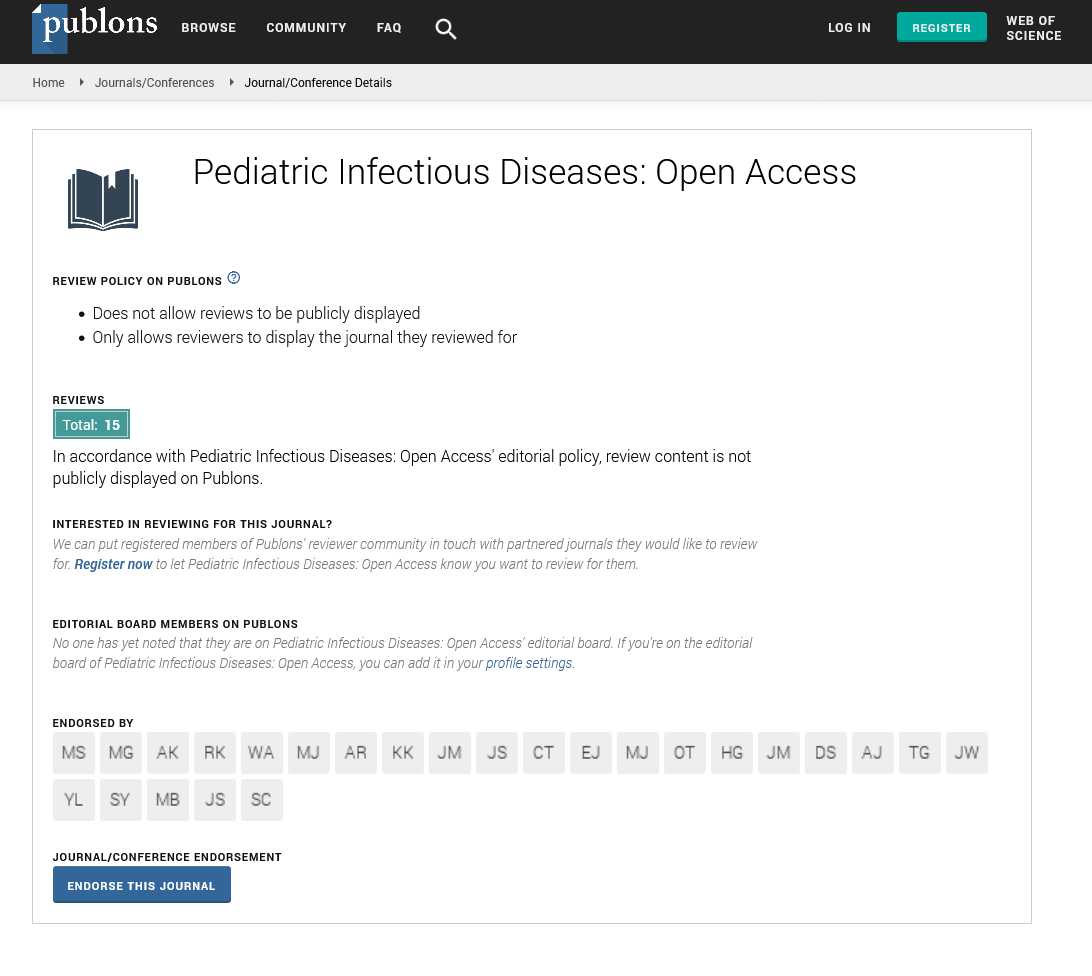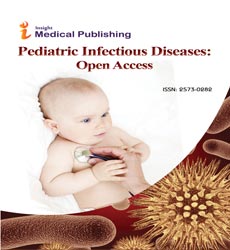Abstract
Molluscum contagiosum
Molluscum Contagiosum (MC) is a self-limiting infectious dermatosis that affects children, adults who are sexually active, and people who are immunocompromised. Molluscum Contagiosum Virus (MCV) is a Poxviridae virus that causes the disease. MCV is mostly transmitted by sexual, non-sexual, or autoinoculation contact with infected skin.In the clinic, MC appears as firm, spherical papules that are pink or skin-colored and have a shiny, umbilicated surface. The duration of the lesions varies, although they usually resolve within 6-9 months.The skin lesions can vary in size, form, and location, which is more common in immunocompromised patients, and can lead to eczema or bacterial superinfection. Clinical findings are used to make the diagnosis. Dermoscopy is an important clinical tool. If the diagnosis is still in doubt, confocal microscopy or a skin biopsy may be necessary.The need for active treatment for MC is debatable; nonetheless, it is widely agreed that it should be considered in cases of advanced disease with complications or cosmetic concerns. Mechanical, pharmacological, immunomodulatory, and antiviral treatments are among the available options.The goal of this article is to go over the latest research on the origin, clinical symptoms, diagnosis, and treatment options for MC.
Author(s):
Arshita Jindal
Abstract | PDF
Share this

Google scholar citation report
Citations : 230
Pediatric Infectious Diseases: Open Access received 230 citations as per google scholar report
Pediatric Infectious Diseases: Open Access peer review process verified at publons
Abstracted/Indexed in
- Google Scholar
- China National Knowledge Infrastructure (CNKI)
- Cosmos IF
- Secret Search Engine Labs
Open Access Journals
- Aquaculture & Veterinary Science
- Chemistry & Chemical Sciences
- Clinical Sciences
- Engineering
- General Science
- Genetics & Molecular Biology
- Health Care & Nursing
- Immunology & Microbiology
- Materials Science
- Mathematics & Physics
- Medical Sciences
- Neurology & Psychiatry
- Oncology & Cancer Science
- Pharmaceutical Sciences


